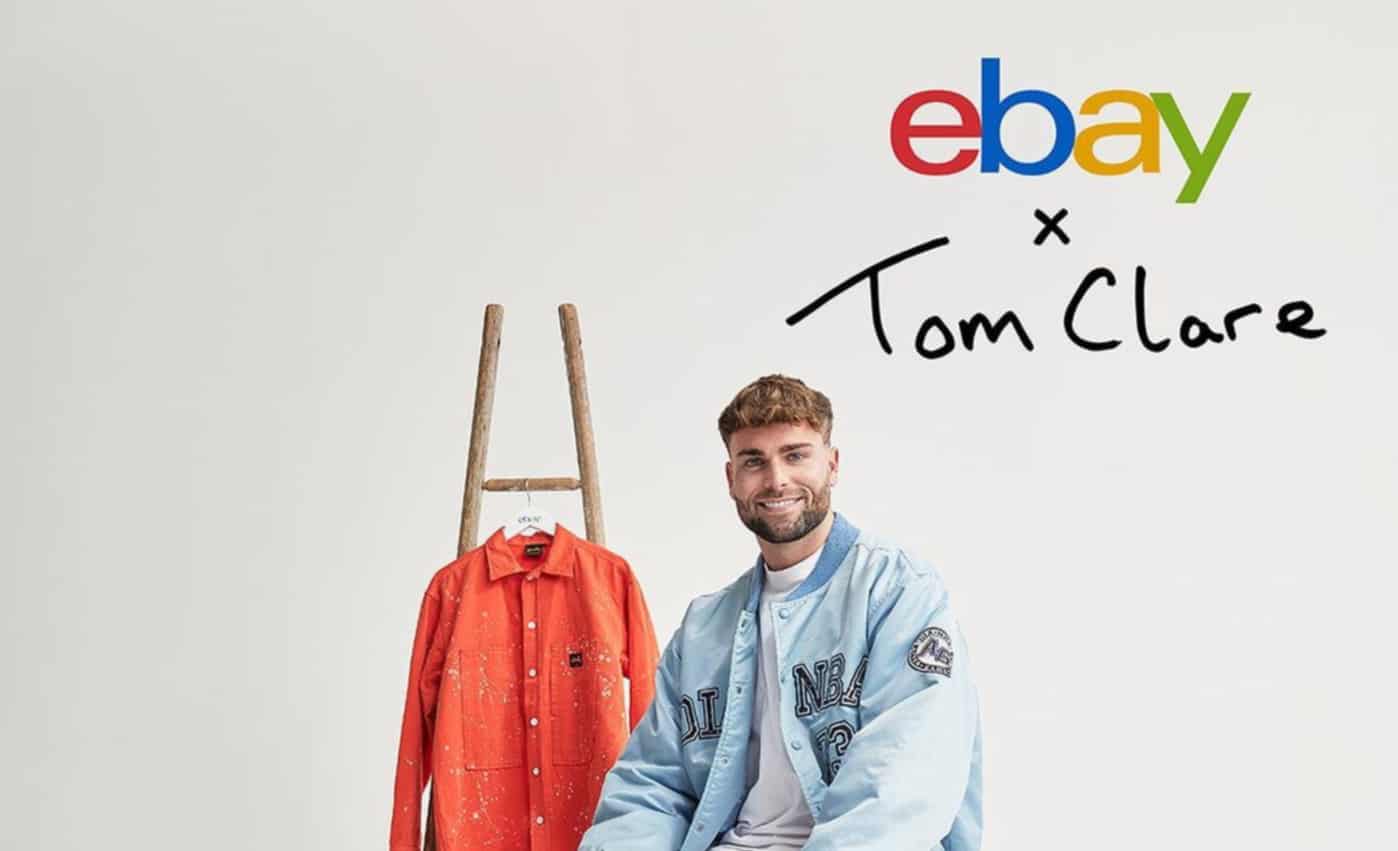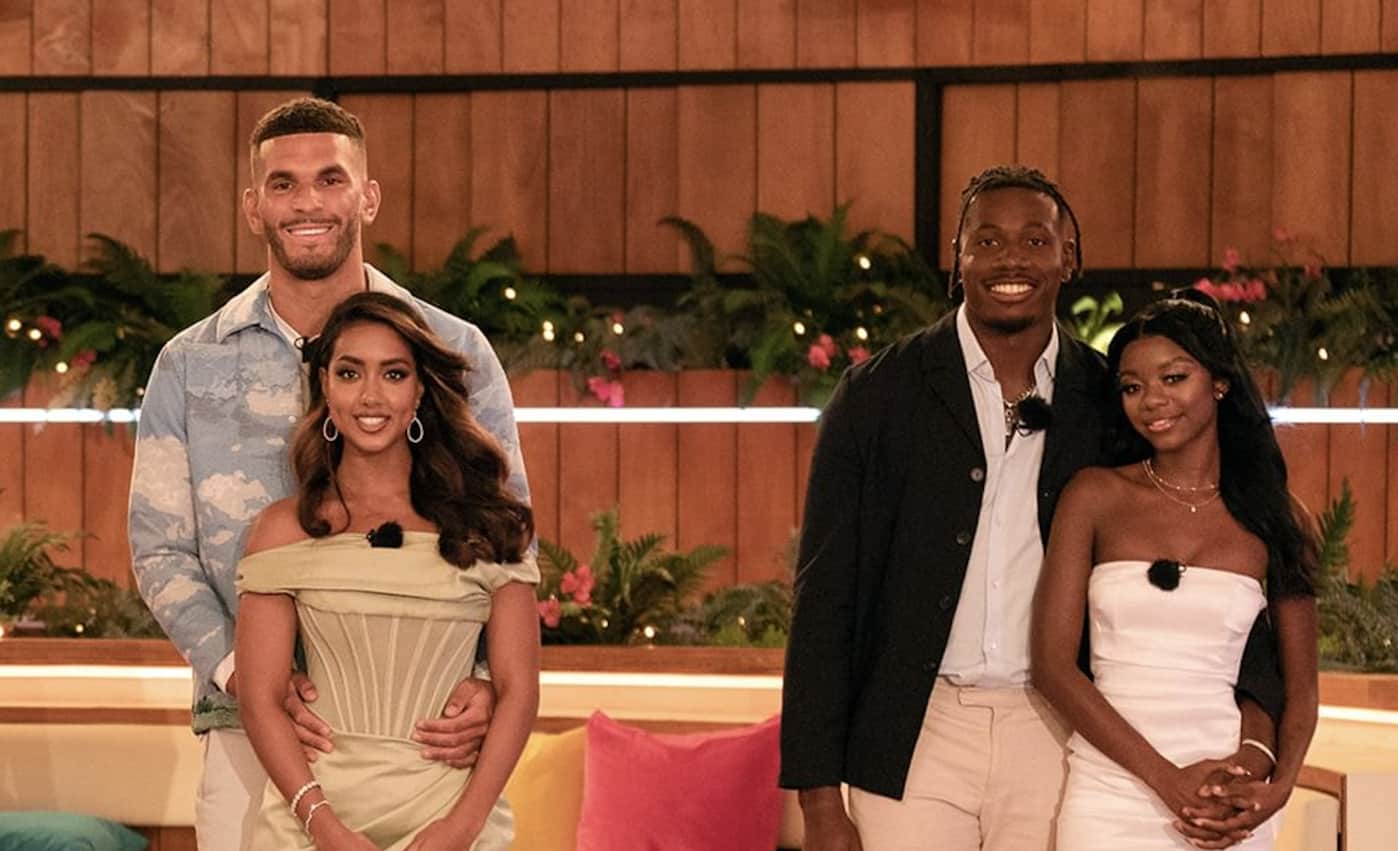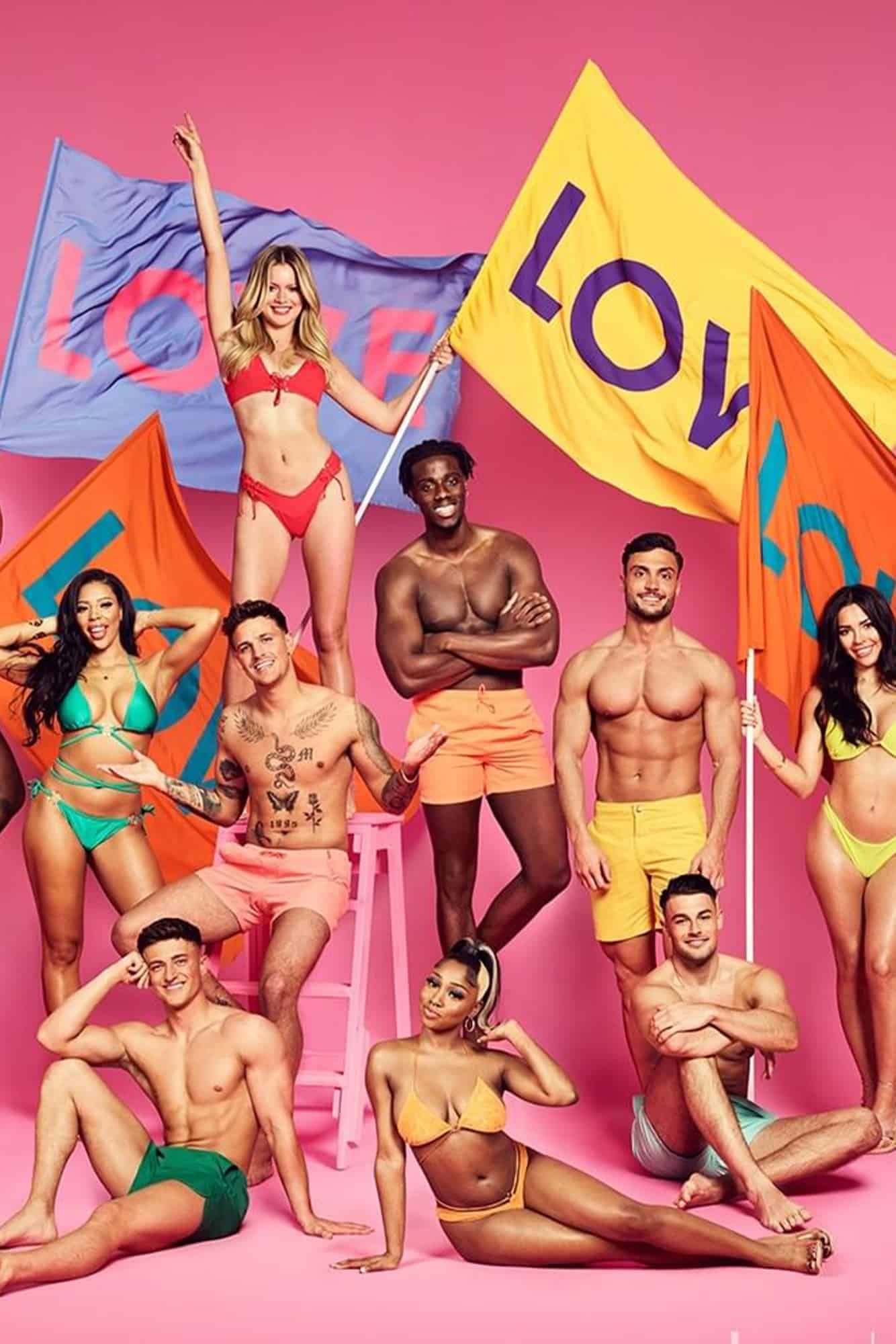It’s the beginning of another season of ITV’s Love Island and along with the non-stop social commentary, chats by the fire pit and coupling-up drama comes the fashion parade.
Historically, Islander outfits have been a whirl of wall-to-wall high street retail and fast fashion brands, with a nightly emphasis on wearing something new and eye-catching for the cameras.
The broadcast ad breaks and brand partnerships struck by contestants after they leave the villa have long been dominated by the likes of Boohoo, I Saw It First, and PrettyLittleThing – most famous for its multi-year partnership with Molly-Mae Hague. Manchester-based In The Style, a company once worth £100m in this area, this week announced plans to enter compulsory liquidation.
However, while some aspects of Love Island have been criticised for staying stuck in the past, attempts have been made by producers to keep up with one consumer trend: the growing popularity of more sustainable fashion.
Key takeaways
- Interest in more sustainable fashion options is up – the UK’s clothing resale market grew by 149% between 2016 and 2022 and is forecast to rise a further 67.5% by 2026, according to GlobalData
- Even without sustainability being “on trend”, the need for change is important – 100 tonnes of global clothing are discarded at “end-of-line” countries such as Ghana every day, and garment workers are exploited through low pay and long hours
- Fast fashion companies are facing financial challenges: Boohoo, Shein and Asos all reported a loss in their most recent annual accounts
- Love Island’s partnership with eBay promoting preloved clothing is entering a third successive season, with demonstrable impact on viewer habits. Even without the backing of a hit TV show, brands can do much to improve, demonstrating greater transparency, exploring recycling programmes, and proving they’re in it for the right reasons
- Read on for more insights from sustainable fashion expert Dr Brett Staniland
Most prominent is the show’s ongoing partnership with eBay, now into its third season. This summer the online marketplace has replaced Just Eat as headline partner, with a new multi-channel campaign, Packed Full Of Pre-Loved, and a slogan to match: “single-wear summer is over”.
Ramping up the engagement, eBay is this year inviting viewers to list their own preloved items while cross-posting them to Instagram for the chance to get them turning Islanders’ heads in the villa. Amy Bannerman, the company’s recently appointed preloved style director, also said the villa dressing room will be restocked with popular clothing items from past seasons.
While the partnership hasn’t attracted unanimous praise from viewers, it seems to be having a meaningful impact on shopping habits.
Ahead of the winter series in January, ITV research reported that 53% of Love Island viewers who were familiar with its eBay partnership had purchased a preloved item in the previous three months – more than double the amount of those who were unaware of the deal or didn’t watch the reality show.
Since the partnership, eBay has seen 1,600% more searches for “preloved clothes” and 24% more new circular fashion businesses have joined the online marketplace.
Circular fashion aims for a “closed-loop” journey for clothing that prioritises re-use, recycling and repair of items to minimise waste and environmental impact.
You may also like
Committed to promoting “preloved”
Kirsty Keoghan, global general manager of fashion at eBay, tells CORQ: “Pairing one of the most culturally influential shows on television with the original destination for preloved fashion was a move that surprised many, but for us it has been the ultimate opportunity to shift the conversation.
“It’s been hugely encouraging to see that our collaboration has genuinely driven the public and industry to reconsider their shopping habits and increasingly think preloved first.”
Keoghan says data compiled with the circular economy charity WRAP showed if every shopper bought just one preloved fashion item instead of new in a month, the nation could divert 6,000 tonnes from disposal.
“We’re determined to continue driving the preloved movement in response to the evolution in consumer attitudes towards fashion – both buying and selling,” she says.
Working with a diverse range of influencers has been a top priority, including season eight contestant and DeafKidz International ambassador Tasha Ghouri (1.5 million Instagram followers) and season nine finalist Tom Clare (490K followers).
“It was a no-brainer for us to onboard Tasha Ghouri as our first ever pre-loved ambassador – she was dubbed the style queen of the show and over the weeks showed she was a genuine advocate for preloved fashion,” Keoghan says.
“By also giving shoppers the chance to get their hands on outfits inspired by her own, in edits she has curated with us, Tasha has truly helped to cement pre-loved in the mainstream and has been a great fit for our overarching strategy.”
In eBay’s recent research, 51% of men admitted they never or very rarely purchase second-hand clothing, making Clare a great partner to kickstart a conversation about fast fashion in menswear and encourage others to join him on his journey of discovery with preloved, she says.
Keoghan highlighted other initiatives eBay has launched to improve access to more sustainable shopping such as the Circular Fashion Innovation Fund, partnerships with repair experts ACS and Reskinned, its Brand Outlet hub, and the Imperfects and Authenticity Guarantee programmes.
“All of these offerings we believe will help to grow the circular message further, showcasing a number of different ways consumers can shop better than new and brands can embrace recommerce,” she says.
Top tips for brands to succeed
Getting a huge powerhouse like Love Island behind your campaign is one way to get the message across but how else can brands improve their sustainability strategy?
One option is working towards B Corp accreditation, which continually assesses whether businesses meet high standards of social and environmental performance, transparency, and accountability. The UK B Corp Community is the second-largest in the world – there are more than 800 B Corps in the UK, spanning 57 industries, including fashion.
As B Corp’s criteria demonstrate, sustainability isn’t easy to achieve, but that shouldn’t be a barrier to getting started. Dr Brett Staniland, model, academic and sustainable fashion advocate (78K followers) – who also appeared on Love Island season seven – strongly believes the onus is on brands to take the lead, and bring consumers along with them.
He tells CORQ that transparency is a crucial part of this.
Dr Staniland says:
- Being able to learn about the brand and the products you’re interested in purchasing should be the norm
- Information needs to be easily digestible for all audiences, as well as more in-depth reports being readily available
- Strategy should be less about selling clothes and more about growing a community, making considered and conscious purchases, as well as having a take-back and recycling programme to deal with waste
- The cost-of-living crisis should be acknowledged but not used as an excuse
- Learning more about materials and supply chains and cost-per-wear is vital
- Brands must prove they’re in it for the long run and for the right reasons – not just looking to be relevant or make more profit
“We are not trying to make the poorest in society subscribe to changing their lives or feeling guilty. It’s not those who contribute the most to the fashion climate crisis and so the pressure shouldn’t be on that consumer. Brands should be taking much more of that responsibility,” he says.
“I’m much more likely to believe a brand is in the space for the right reasons if they are transparent. This makes it a lot less greenwash-y and being open about the challenges and shortcomings or compromises made go a long way. It’s important to show they’re working on it.”
In Dr Staniland’s view, companies should also invest in widespread changes to supply chains, ensuring everyone in the supply chain is paid a fair living wage and sign the international accord to protect garment workers, as well as showing a realistic pathway towards carbon neutrality.
“To be honest, if you can’t do any of these things you don’t deserve to have a fashion brand at all,” he says.
By Lauren Harris, CORQ editor. Picture credit: Tasha Ghouri via Instagram










Love Island fashion 2023: Interest in pre-loved clothing soars thanks to ongoing eBay partnership